The next industrial era is approaching
Where is the future of Chinese science fiction dramas?
Since the beginning of 2023, when the TV series “The Three Body Problem” kicked open the door to Chinese science fiction dramas, there have been numerous magnificent fantasies about domestic science fiction both inside and outside the industry. We have an abundant arsenal of IP content, a film and television production team that dares to sharpen their swords in seven years, better understand and respect the original works, and perhaps newcomers can catch up and occupy a place in the international science fiction field?
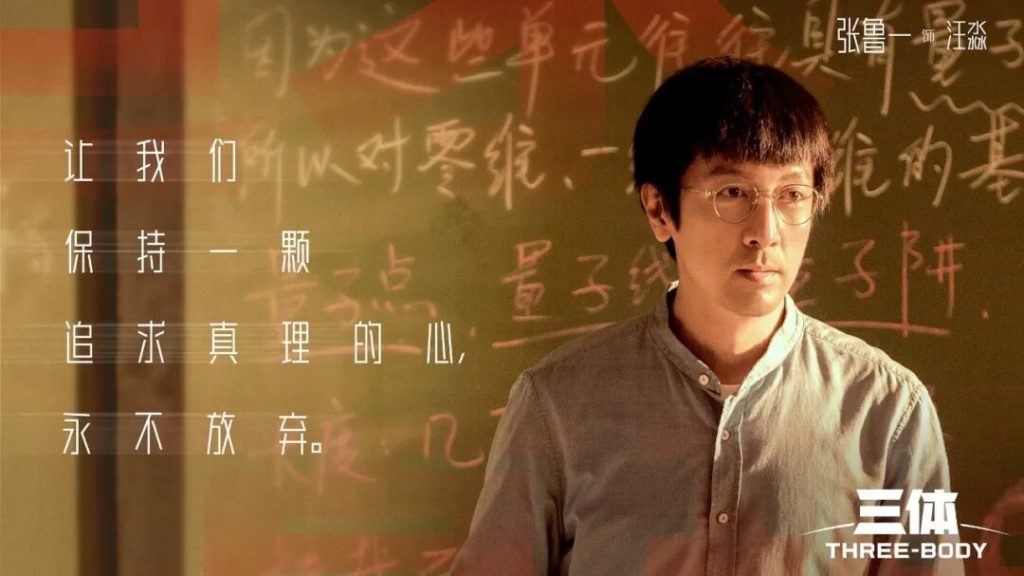
The TV drama “The Three Body Problem” has a rating of 8.8 on Douban, with over 510000 viewers
This single season has given us a definite answer, and the market has always been insisting on exploring the direction of science fiction.
Not only has Tencent Video recently released a reserve of 17 domestic science fiction dramas in a single season, but at the end of last month at the 2026 Tencent Video V-Vision Conference, Tencent Video also announced the establishment of an AI film and television expression studio and intelligent production department in April this year, which has been applied to projects such as “The Three Body Problem,” “Sword and Fairy,” and “Liaozhai,” effectively assisting creators.
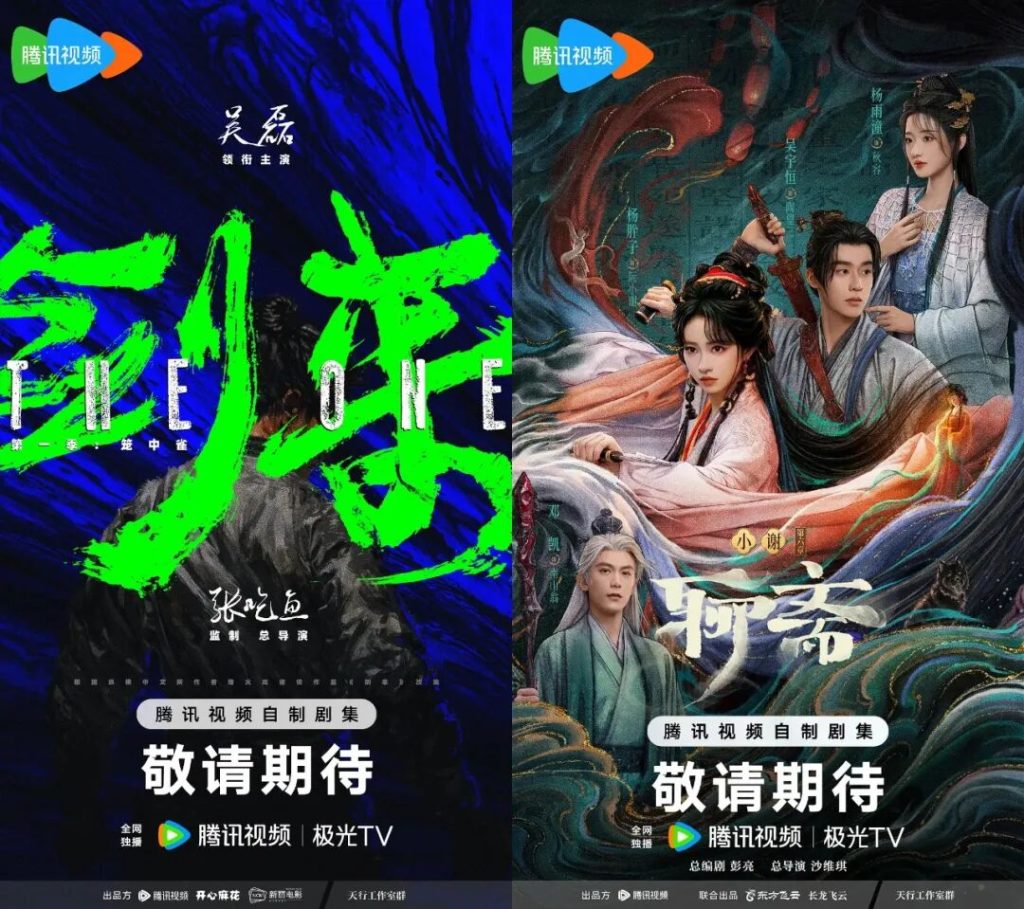
Tencent Video’s AI Application Practice Project
How does the platform side AI department do it? This year is the year of the explosion of AI video models. What processes has AI entered in the production of top tier movies and TV dramas, especially science fiction dramas?
Can adding AI significantly increase efficiency and growth rate for science fiction dramas with long development cycles and high investment costs? What will be the next stage of AI joining hands with Chinese science fiction content in the market?
With these questions in mind, we delve into the highly valuable sci-fi drama series and the integration layout of streaming technology and film, and have conversations with senior frontline practitioners, attempting to explore the possibility of AI explosion leading domestic sci-fi dramas.
Out of 400+films, 17 are about to enter the 2.0 era of science fiction dramas
In this batch of domestic streaming media 2026 drama films, a total of 400+projects have been released, including 17 science fiction dramas. Tengai Youmang has reserved 8/4/4/1 dramas respectively.
Although the science fiction genre still appears somewhat niche compared to the crowded development of ancient and modern anime, male and female dramas, domestic science fiction dramas have taken a big step forward in terms of quantity compared to the barren track of the pre Three Body Problem era.
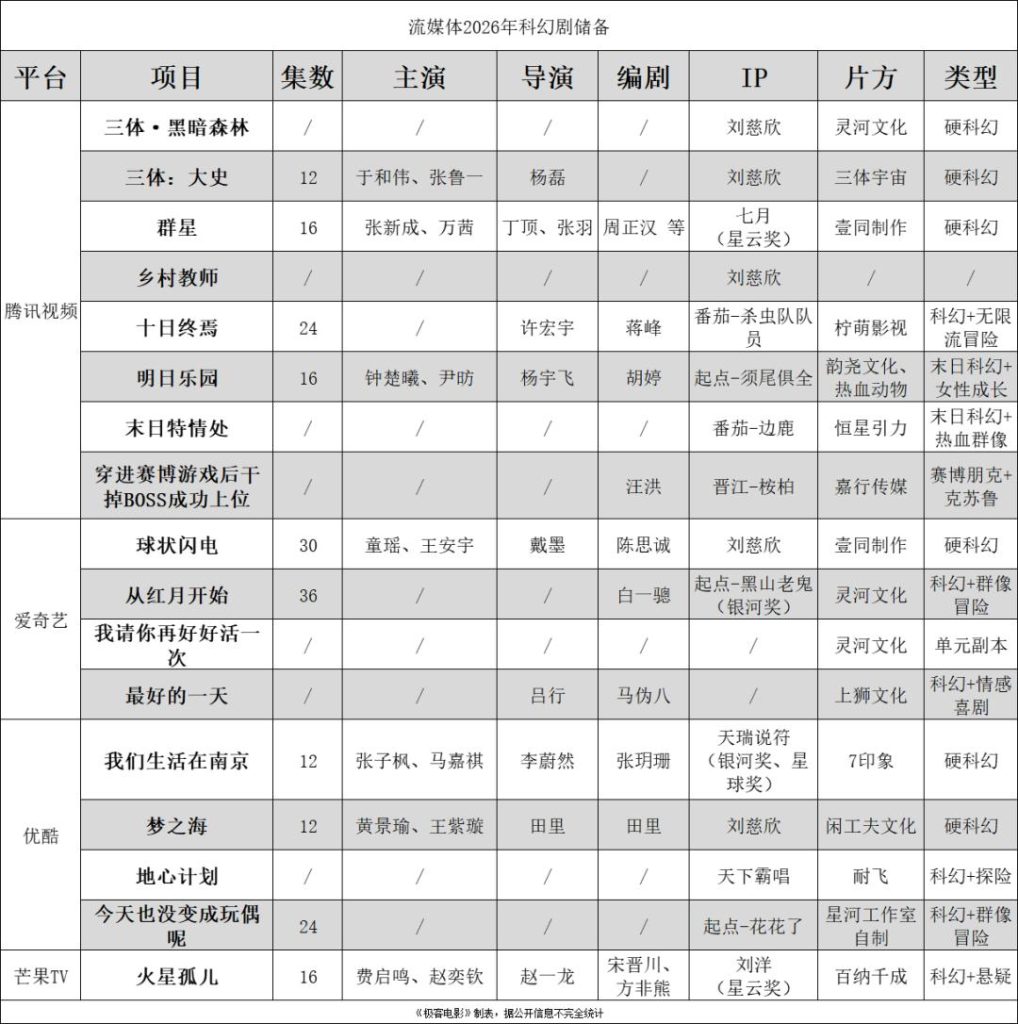
Streaming Media 2026 Science Fiction Drama Reserve -17 Reserve Science Fiction Drama Creators Information
By summarizing the information of 17 projects, we can roughly summarize the three major trends of the 2.0 era of Chinese science fiction dramas.
Trend 1: Bet on hard science fiction and incubate the next ‘Three Body Problem’.
Da Liu is obviously about to be “ripped off”. Tencent Video’s “The Three Body Problem: Dark Forest”, “The Three Body Problem: A Great History”, “Rural Teacher”, iQiyi’s “Ball Lightning”, and Hujing Entertainment (Youku)’s “Sea of Dreams” are all adapted from Liu Cixin’s novel of the same name.
Except for his early work ‘Rural Teacher’, which has not yet revealed any adaptation ideas, all other works adopt a hard science fiction adaptation method that continues the original storyline.
For example, in the near future setting of “Dream Sea”, the local surface water is drained and forms an ice ring around the Earth. How can humans survive in extreme environments? Dragon and phoenix siblings, scavengers and astronauts, explore from the ground and space respectively, striving to achieve the “interconnection of heaven and earth”.
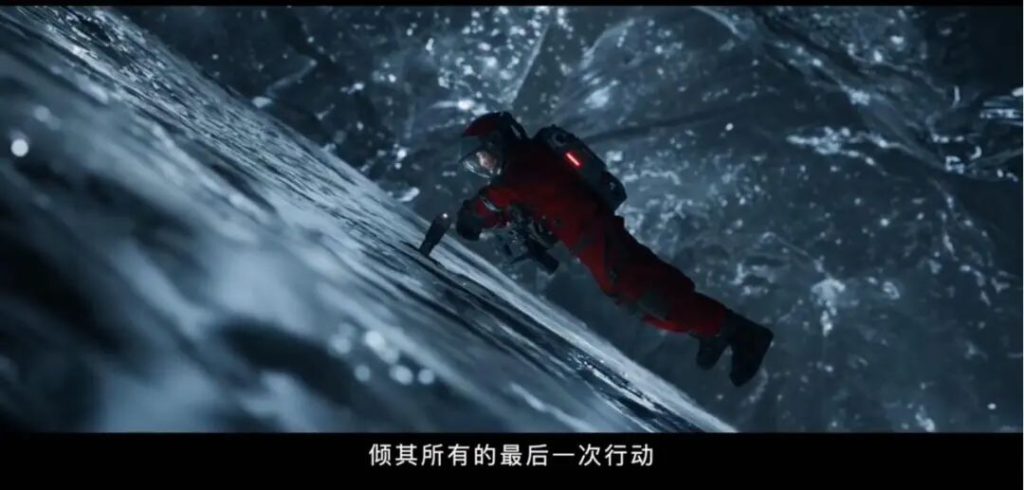
Preview of ‘Sea of Dreams’
And adapted from the Global Chinese Science Fiction Nebula Award for Best Novel, “Stars”, and the China Science Fiction Galaxy Award for Best Online Science Fiction Novel, “We Live in Nanjing”, both in terms of story setting and visual effects, continue the proven path of success:
Use imagination and high quality to win high reputation from the audience, thereby leveraging higher commercial value.
Trend 2: “Sci Fi+” lightweight projects test the waters, play “combination boxing” during the transition period.
Ideals are full, reality is tough.
In fact, the single science fiction drama project heavily invested by the platform faces numerous difficulties in coming out. The selection of story content, the accuracy of scientific principles, and the implementation of visual effects… every step is a challenge.
The film ‘Sea of Dreams’ passed the review and certification in early 2024 and is still being broadcasted today; Ball Lightning “and” Mars Orphan “were developed around the same time as the first” Three Body Problem “, but they have not yet been released to the audience.
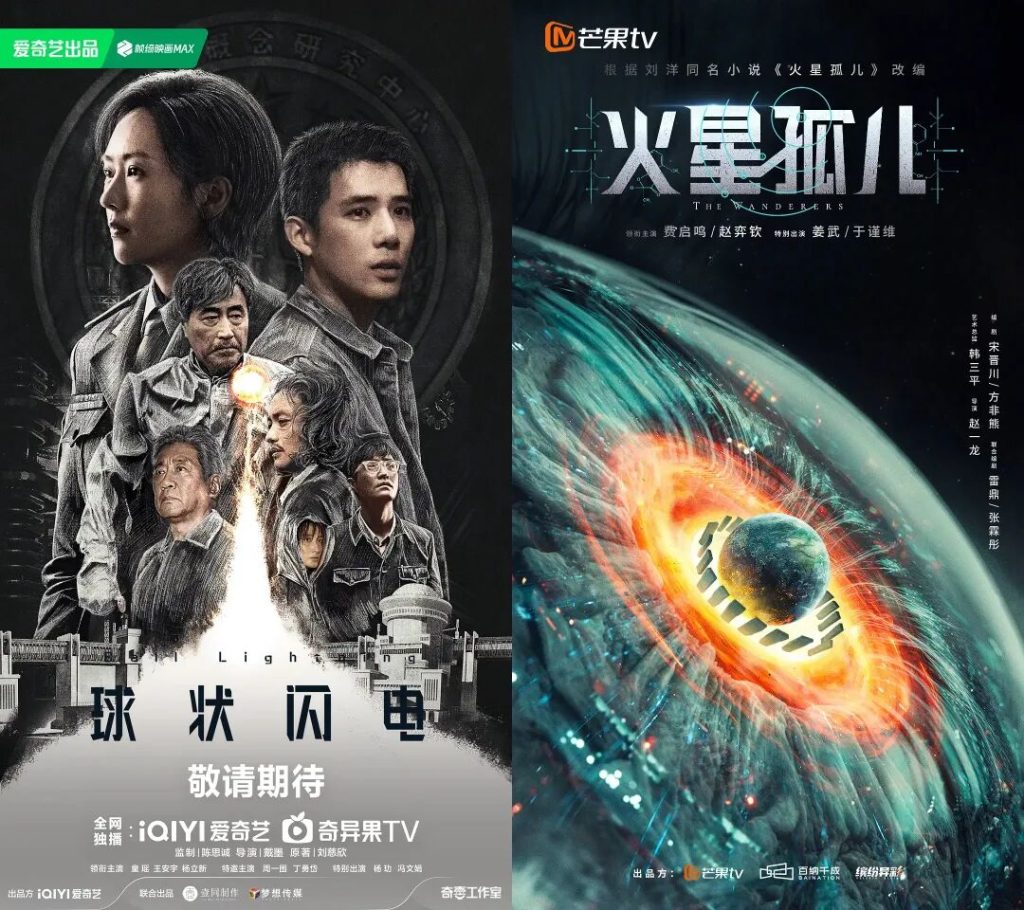
Ball Lightning and Mars Orphan to be broadcasted
From this year’s film list, it can be seen that in the context of difficulties in launching hard science fiction projects, the platform has begun to focus on quantity and develop “science fiction+” lightweight web dramas.
In terms of genre, it introduces popular online literature markets such as Jinjiang, Tomato, and Qidian, including infinite flow, hot blooded group images, suspense, and even emotional comedy content, and integrates them with science fiction elements to explore transitional period compound science fiction dramas.
In terms of volume, the 12-16 episode project accounts for a relatively high proportion, and the narrative should be focused as much as possible to reduce development difficulty.
Trend 3: New brands enter the market, and domestic sci-fi faces more possibilities.
More capable and innovative producers are starting to layout science fiction dramas. In addition to the early entry of Bai Yicong from Linghe Culture and Chen Sicheng from Yitong Production, we have seen film and television brands such as Ningmeng Film and Television, Stellar Gravity, Jiaxing Media, and Hot Blooded Animals in the new film list.
Hot blooded animal Xu Hongyu is worth noting. This editor and director from Hong Kong, China, has already proven his aesthetic and strength in the e-sports hot blooded web series “CrossFire” and fantasy action web series “Under Strangers”.
In this deep collaboration with Tencent Video, he will direct the “Science Fiction+Adventure Unlimited Stream” web drama “Ten Days End” and produce the post apocalyptic science fiction survival web drama “Tomorrow’s Paradise”.
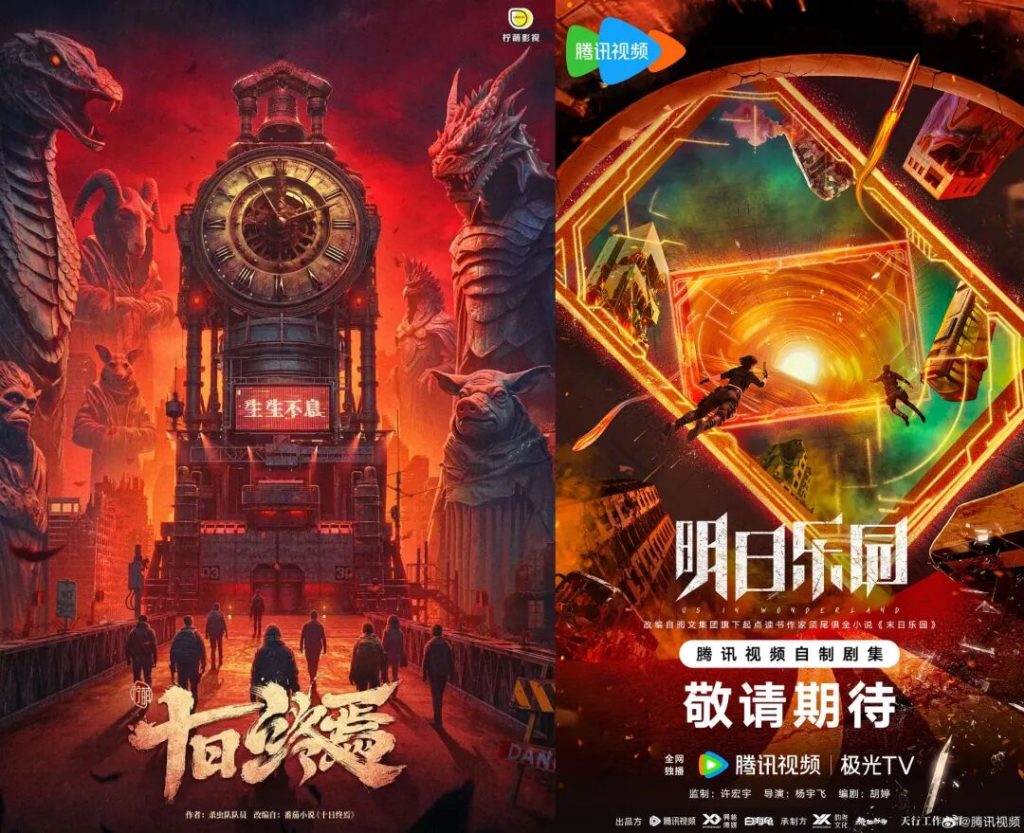
Ten Days End “and” Tomorrow’s Paradise “have entered the development stage
Going from 0 to 1 for a new species is the most difficult, but going from 1 to 100 may be a fast process.
A clear signal is that the era of science fiction 2.0 is coming.
Streaming media, producers, and creators are all eagerly anticipating sci-fi content. Can the explosive generative AI video model this year give it wings to soar?
The role of AI is very limited, and currently the best use is language based models
Unfortunately, AI is not yet capable.
After attempting to introduce generative AI into the workflow of science fiction dramas, Bai Yicong, founder and CEO of Linghe Culture and producer of “The Three Body Problem,” gave a practitioner’s answer.
The Three Body Problem “was not the starting point for his connection with science fiction dramas. As early as 2015, he released the earliest domestic science fiction drama in the streaming era,” The Mentalist “.
The drama has been developed for two seasons, telling the story of two girls who awaken their obsession after being involved in an accident on the same travel bus. It combines elements of superpowers, time travel, future pursuit, and suspense investigation. With a rating of 7.4 on Douban, it can be considered a rare early attempt in science fiction content sequences.
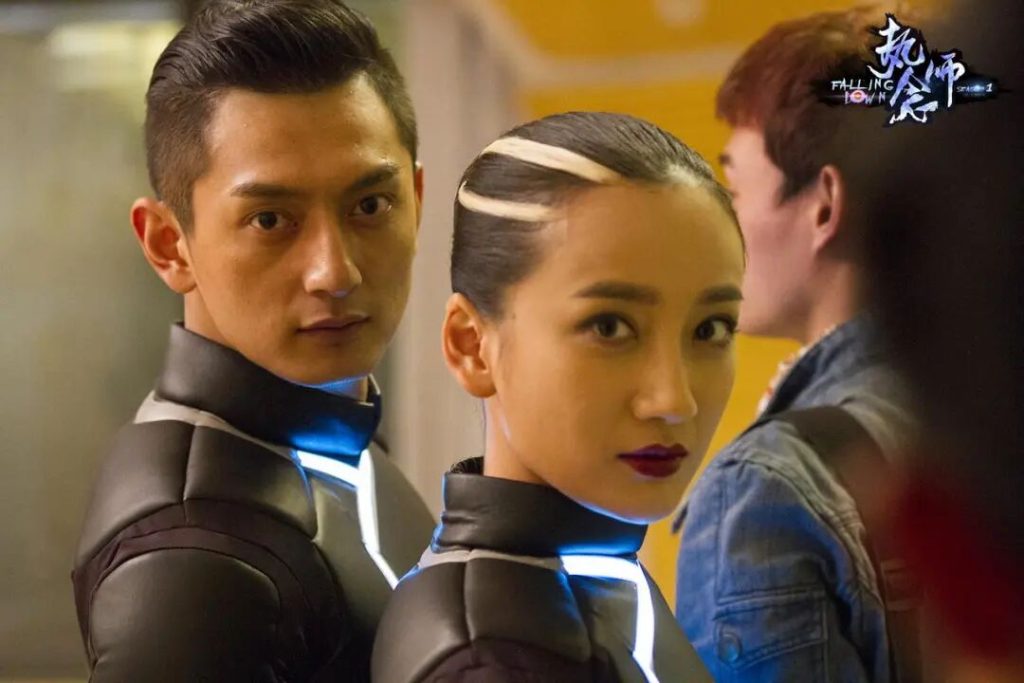
Bai Yicong had already released the science fiction drama “Mindmaster” as early as 2015
Bai Yicong’s self description:
I am a science fiction enthusiast.
Although Linghe Culture has experimented with various genres over the past decade, such as the earliest exploration of web dramas and big IPs like “Laojiumen”, the small and beautiful suspense ancient puppet “Yu Ci Xiao Zuo”, and the late Qing Dynasty legendary drama “Tian Xing Jian”, what he most wants to do is science fiction.
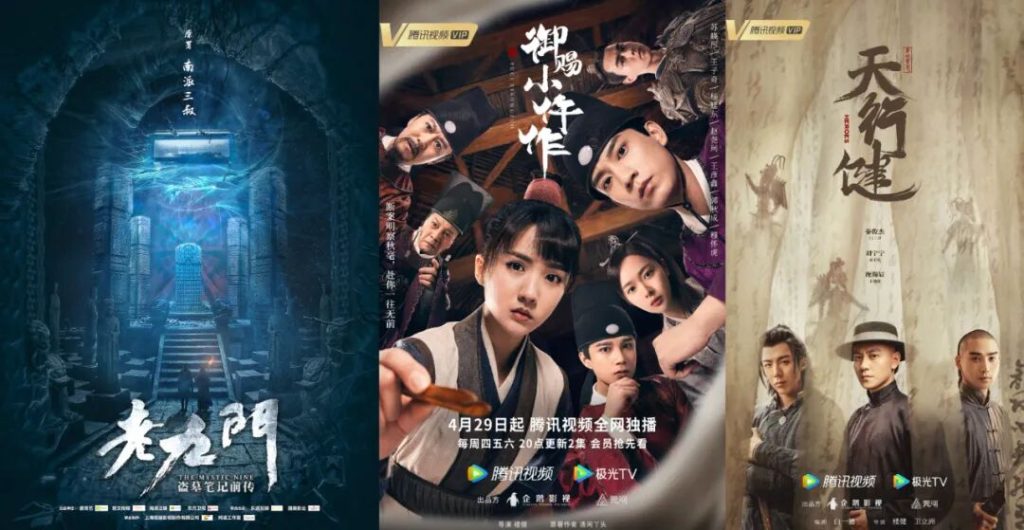
Linghe Culture has tried various types of dramas in the past decade
Among this batch of science fiction drama films, Linghe Culture has the largest reserve. In addition to the heavyweight sequel “The Three Body Problem: Dark Forest,” there are also the group image adventure science fiction drama “Starting from the Red Moon,” adapted from the novel of the same name by the Black Mountain Ghost from Qidian (the original work won the Best Online Science Fiction Overseas Communication Award at the 36th Galaxy Awards), and the unit copy science fiction drama “I Ask You to Live Again.
It is reported that Linghe Culture has obtained the television adaptation rights for the well-known science fiction IP “Legend of the Galaxy Heroes” and is currently under development.
Our journey is the vast sea of stars.
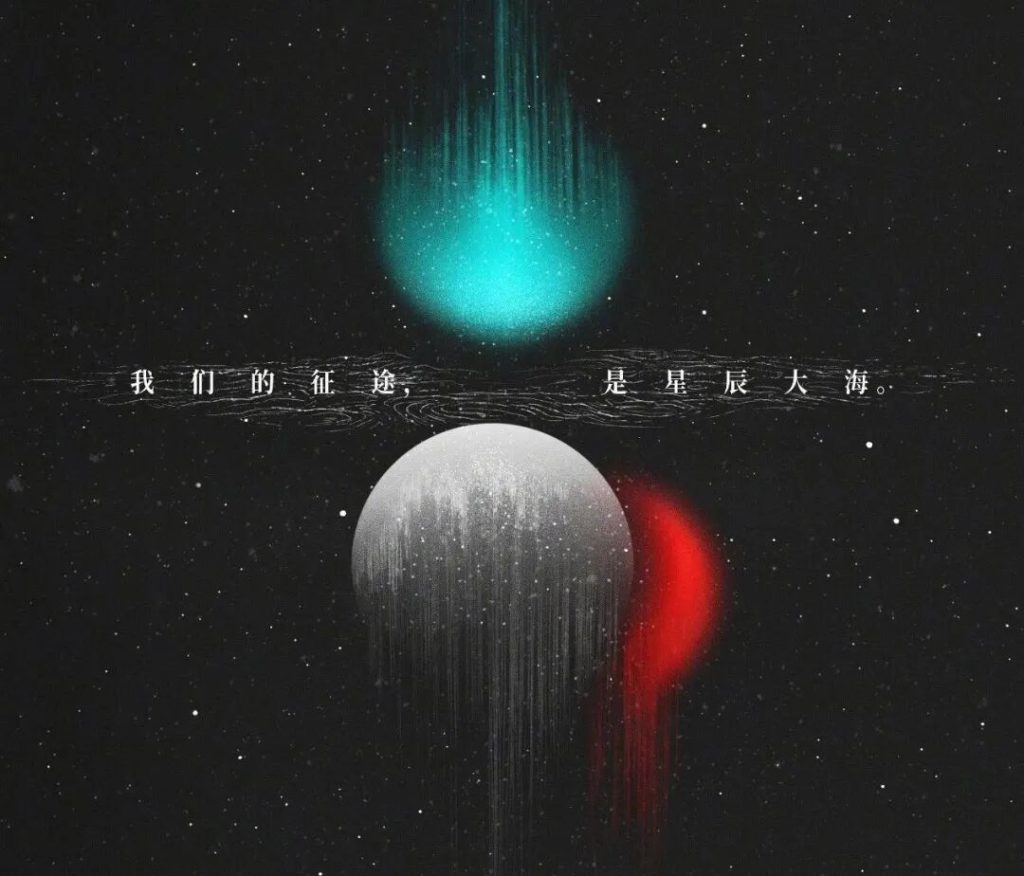
Linghe Culture has obtained the television adaptation rights for the well-known sci-fi IP “Legend of the Galaxy Heroes”
But company profits cannot be solely paid for by passion, as the difficulty of developing science fiction dramas is almost the biggest category in film and television projects. The Three Body Problem took seven years from its inception to its premiere, and the second installment, The Three Body Problem: Dark Forest, will take at least five years to complete and deliver. At the same time, there will be exploration and practice of various “science fiction+” projects.
So since the emergence of generative AI, Bai Yicong, as a science and film fusion enthusiast, began to try to introduce AI into the film and television development process, gradually testing how it can achieve cost reduction and efficiency improvement at various stages.
We have asked the most concerning question for current film and television creators, ‘Can AI effectively save money?’? ”
Bai Yicong candidly stated:
At present, it doesn’t seem to save much money.
Stability is the biggest issue, and if generative AI is very stable, it will save a lot of money in film and television production.
In practice, Bai Yicong found that AI can indeed improve certain efficiency in the early stage. However, even in this year when multiple video models have exploded, the role that AI can play in producing high-end films and TV shows is still very limited.
The problem mainly lies in two aspects: first, the clarity is not enough. The existing video models mainly generate 720P-1080P resolution content, which cannot be applied to 2K/4K precision required films.
If we use super-resolution (AI super-resolution technology), it’s like drawing another round of cards, so the fault tolerance is too low.
Secondly, existing models face difficulties in controlling stability and accuracy.
Film and television dramas are accurate arts, but even if all generative AI models on the market are mixed and used in multiple modalities, drawing on the strengths of many, they still cannot meet the basic needs of top film and television dramas.
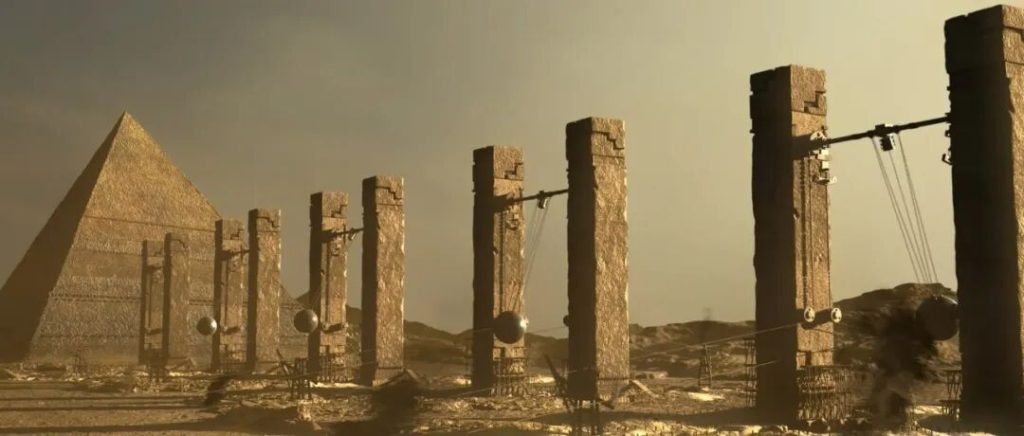
AI still cannot meet the basic accuracy requirements of top tier movies and TV dramas
Bai Yicong is very optimistic:
But we are still continuing to experiment because the development speed of AI models is very fast. Perhaps next year, they will be able to solve these problems in the iterative process.
In the current project practice, the team mainly applies AI in the early concept setting stage, using the graph generated graph mode to provide conceptual reference, using AI to refine existing design drafts, and then converting them into models for dynamic rehearsal, “omitting the cumbersome process in traditional workflows
Some members of Tencent Video AI Film and Television Expression Studio have been stationed at Linghe Culture for a long time, and have tailored some AI tools to improve efficiency for the project.
For example, the team is designing a shooting rehearsal tool that adopts a UE rehearsal mode, integrating a large number of camera models, lighting parameters, etc. into the AI model, and can spit out data after rehearsal. In this way, we have these parameters during actual shooting, which will save a lot of time and cost.
Of course, all of these are still in the process of learning and adapting, including the ideal “digital asset reuse” and “CG scene efficiency improvement” of AI working together with science fiction dramas, which still only exist in the creators’ beautiful imagination.
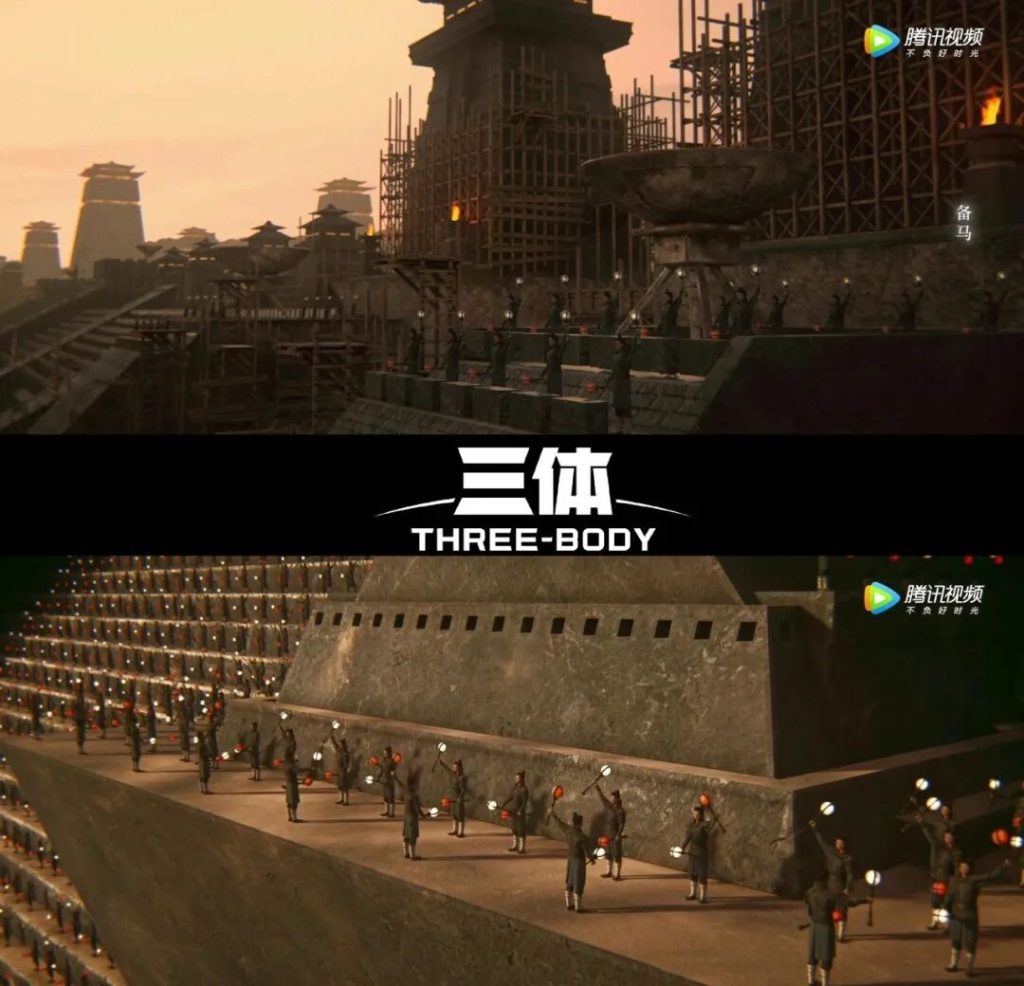
The stunning ‘Three Body Game’ scene in ‘The Three Body Problem’
Interestingly, the most effective AI tool in the development of science fiction dramas is actually the earliest language model to appear.
Bai Yicong shared that the first challenge encountered in the early stages of a science fiction drama project was to translate a large amount of obscure scientific knowledge into film and television language.
Although a professional team of scientific advisors has been hired, the creators do not know how to accurately ask scientists questions; Without specific content guidance, scientists also find it difficult to understand the abstract problems of filmmakers:
Scientists don’t know what to do when they see us, these ‘desperate illiterates’.
Amidst the chaos, AI emerged.
We are trying to use AI to generate technology reports by asking questions, such as how to attack a star class warship with water droplets?
What ballistic issues occur with firearms during shooting?
Should warships use controllable nuclear fusion propulsion or non working fluid propulsion
Bai Yicong recalled that at that time, AI produced dozens of reports similar to this, and scientific consultants could make accurate scientific judgments on these issues. Based on this, the creators designed shooting plans.
In the process of translating scientific knowledge into film and television for science fiction dramas, AI acts as the “translator”.
The schematic diagram of the “Water Drop Attack on Star class Warships” generated by the author using bean buns
Looking back, AI has subtly penetrated into various chains of film and television project development. But specifically, how much efficiency can AI improve in each link? At present, there is no accurate number for the entire industry.
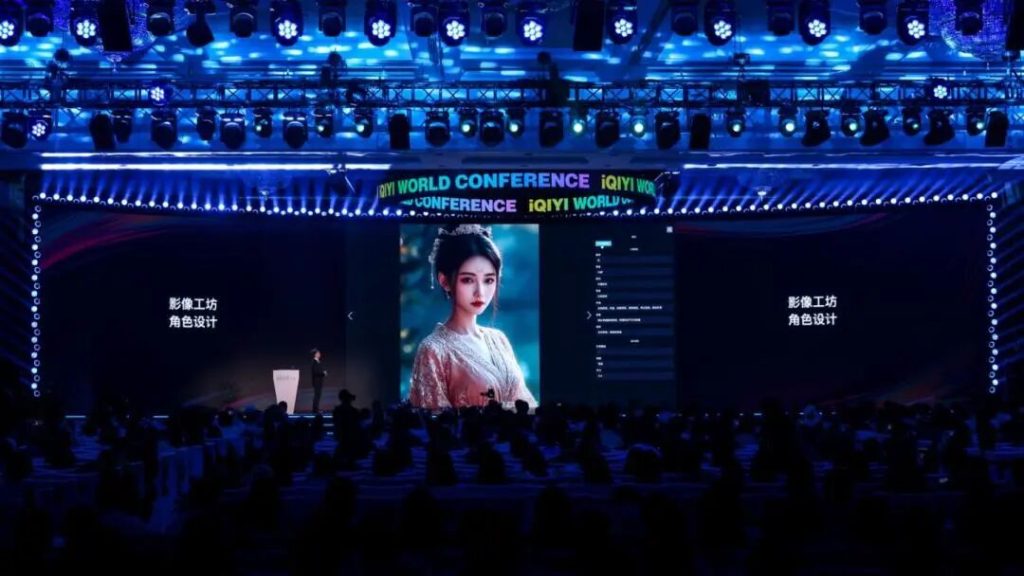
AiYouteng adds AI+virtual shooting, and there will be a big explosion of sci-fi content within six months
Introducing technology into film and television creation is clearly a major trend.
In the past four years, streaming media and film and television industry parks have invested heavily in virtual filming, and the number of large-scale virtual filming studios in China has reached more than 10.
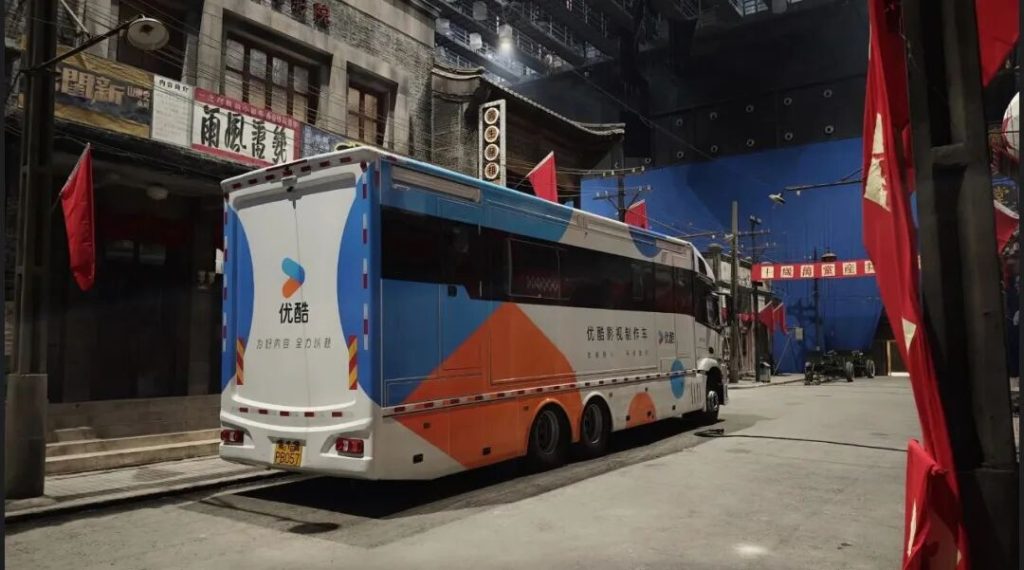
IQiyi has set up a virtual filming studio in Hengdian and has been put into use in multiple S+projects such as “Dream Returns” and “Tang Dynasty Mysteries in Chang’an”; Hujing Entertainment (Youku) has built a frame sharing digital studio in Zhouzhuang Digital Dream Factory, with a planned total area of 9000 square meters.
Tencent Interactive Entertainment’s 3000 square meter digital production base “CDD Virtual Studio” has landed in Shenzhen Pingshan Film and Television City, and is also applied to interactive video games, e-sports live broadcasts, virtual concerts, and virtual production of film and television advertisements.
Streaming media is also growing in the development of AI tool attributes.
In addition to Tencent Video AI Film and Television Expression Studio customizing practical AI tools for projects, iQiyi has launched an AI driven script tool – Script Workshop; AI platform image workshop capable of generating character images and building scenes;
Generate visually impactful posters on the “Maliang” platform based on video content; Muse “for completing node editing and generating short videos of grass planting slices; The advertising platform “Qiju” aims to improve the production efficiency of advertising materials and provide more accurate matching of advertisements.
The image workshop launched by iQiyi can quickly adjust character design styles by replacing prompt words
Hujing Entertainment (Youku) algorithm platform – Moku Laboratory has developed 3D technology for image generation, overcoming the problem of spatial accuracy; Last year, the first large-scale film and television makeup model, Shenli Nishang, was launched nationwide;
Its independently developed “Leopard Film and Television Production Vehicle” combines Alibaba Cloud computing and AI capabilities, which can achieve “shooting and cutting at the same time, real-time viewing”, and has served projects such as Feng Xiaogang’s movie “Capturing Spy” and web drama “Dark River Legend”.
The “Leopard style Film and Television Production Vehicle” independently developed by Hujing Entertainment is on the set of “Capturing Spy”
Although there has not been a clear result yet, practitioners feel increasingly clear this year that all processes related to AI are accelerating.
Just as non-linear editing emerged over 20 years ago, gradually replacing traditional linear editing, we can foresee that the emergence of generative AI tools will take the film and television industry to the next industrial era, but now everyone is still in the process of learning.
As the rarest, most difficult to develop, and most dependent on technological progress in the market, science fiction dramas, which also bear the pressure of exploring the next peak of Chinese opera, may be able to achieve advanced results as soon as possible with the progress of the industry.
More science fiction dramas are in preparation
Bai Yicong is very pleased to see that science fiction content is growing and expanding:
Our perspective can also be broadened. The explosion of generative AI this year is not only beneficial to the traditional film and television industry, but also to individual super creators who use AI to produce content, which may form a certain gathering effect within six months.
It may not necessarily be a science fiction drama, but it could also be a science fiction short film or a concept short video.
These super creators may not necessarily be content creators, but can also be users and regulators of generative AI.
When a large amount of imaginative science fiction content emerges, it will definitely stimulate film and television production teams to expand their content in reverse. I think this will be a very benign competition.
It is interesting that during the dialogue between Geek Movies and Bai Yicong, domestic streaming platforms are holding an AI short film creation competition, and the award-winning works are already full of creative sci-fi content.
The first prize of Tencent Video’s first AI short film creation competition is a wasteland style AI science fiction short film that combines human nature speculation and imagination, called “Mechanical Heart and Dog Tail”.
The future has arrived.
The emergence of new species always brings vibration, and we look forward to technology empowering and inspiring the next content flywheel of film and television art.
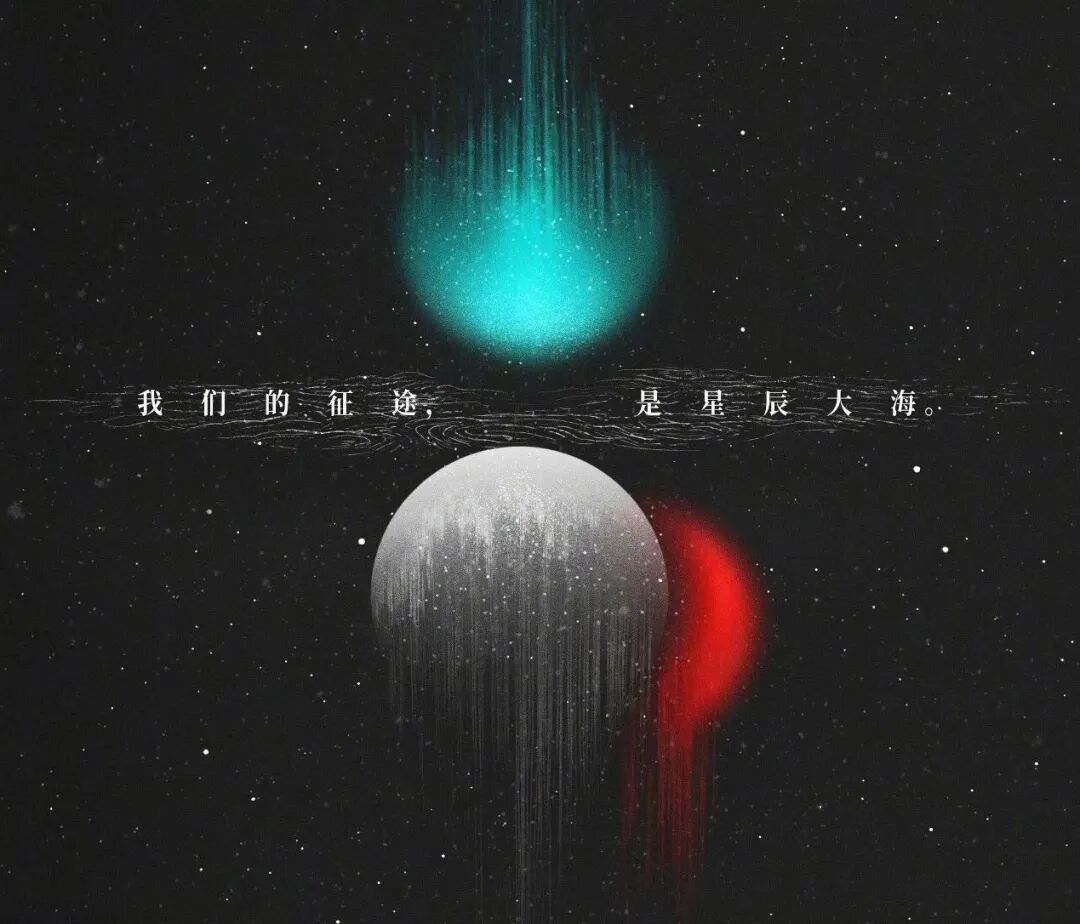







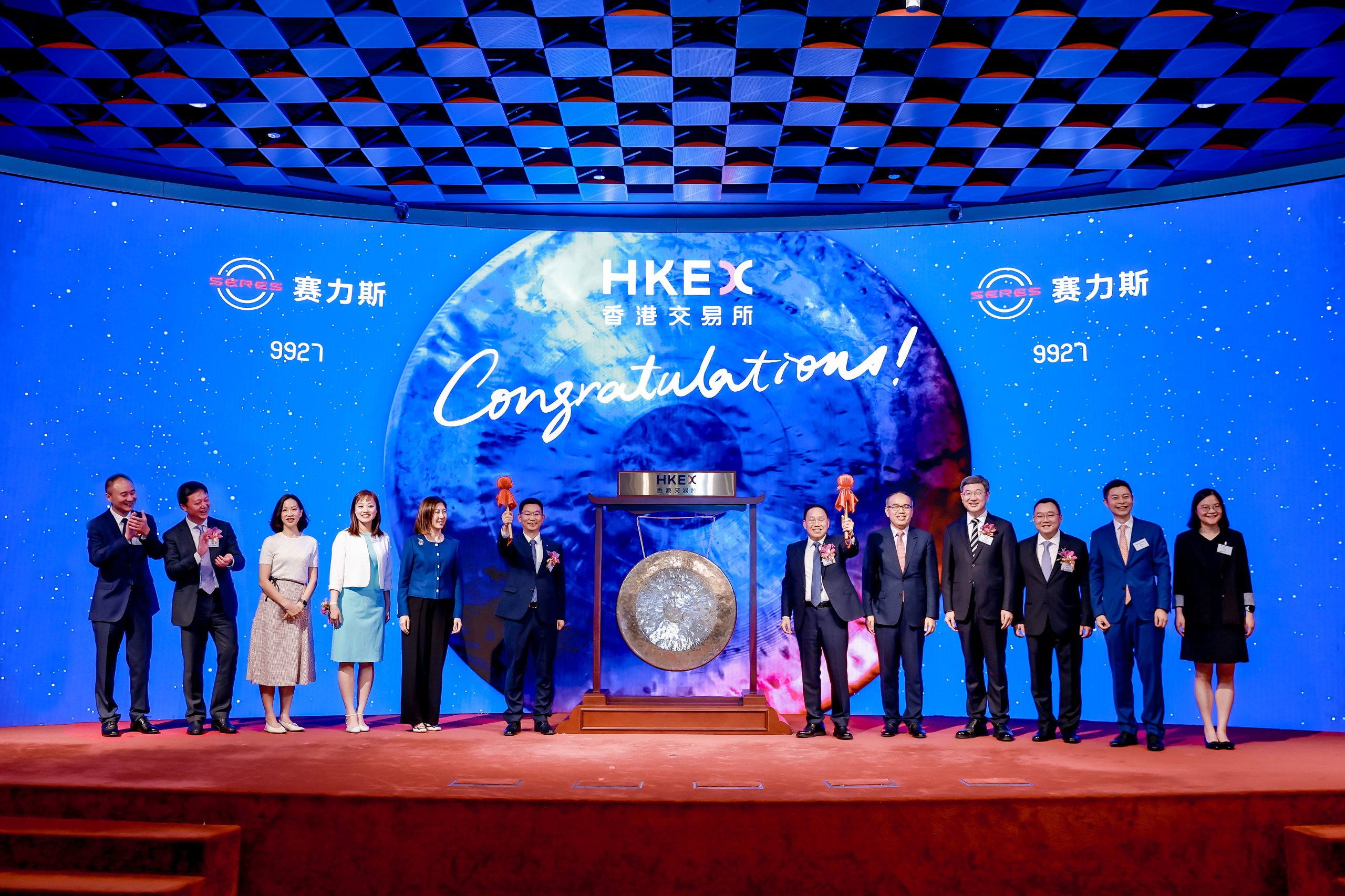







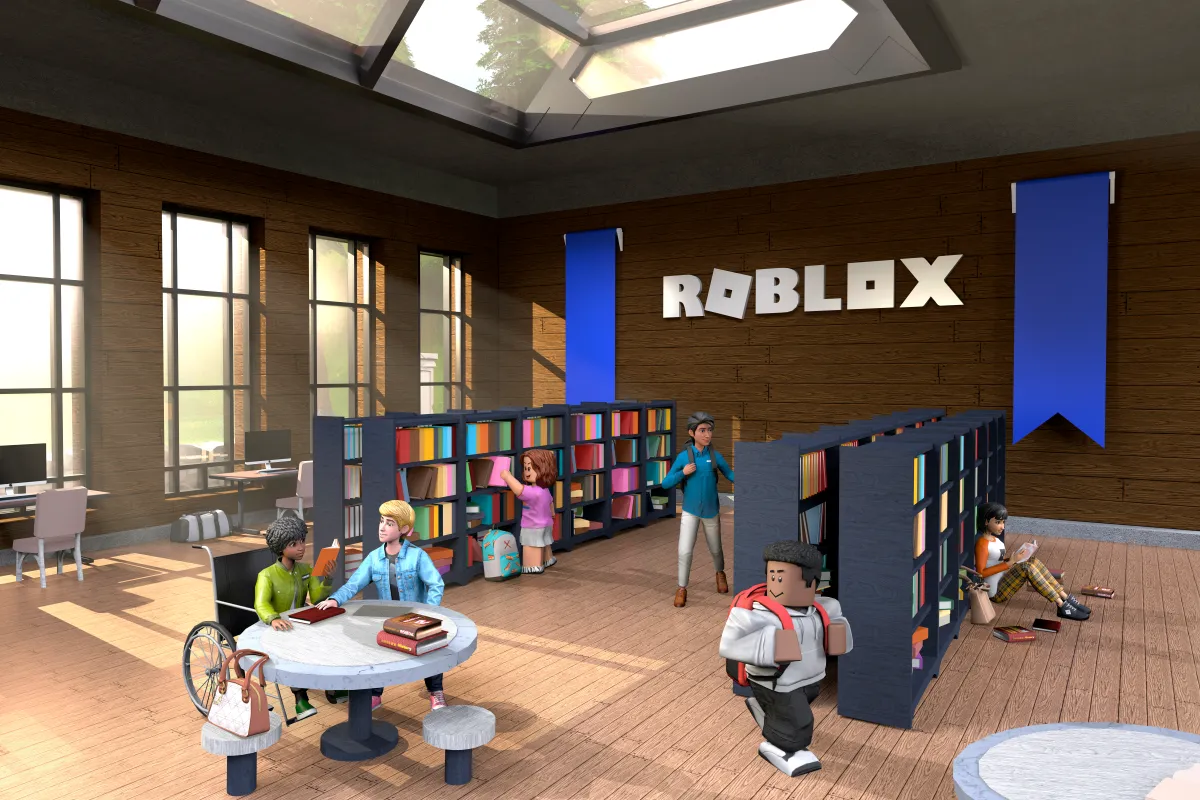


暂无评论内容